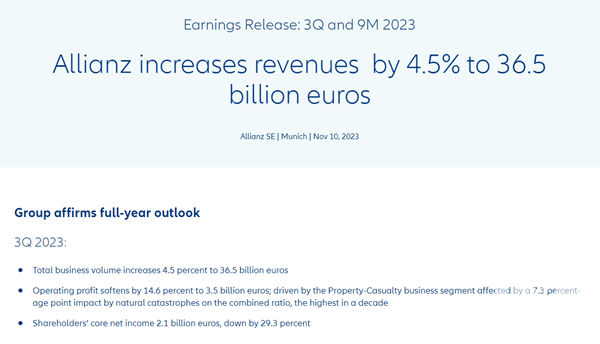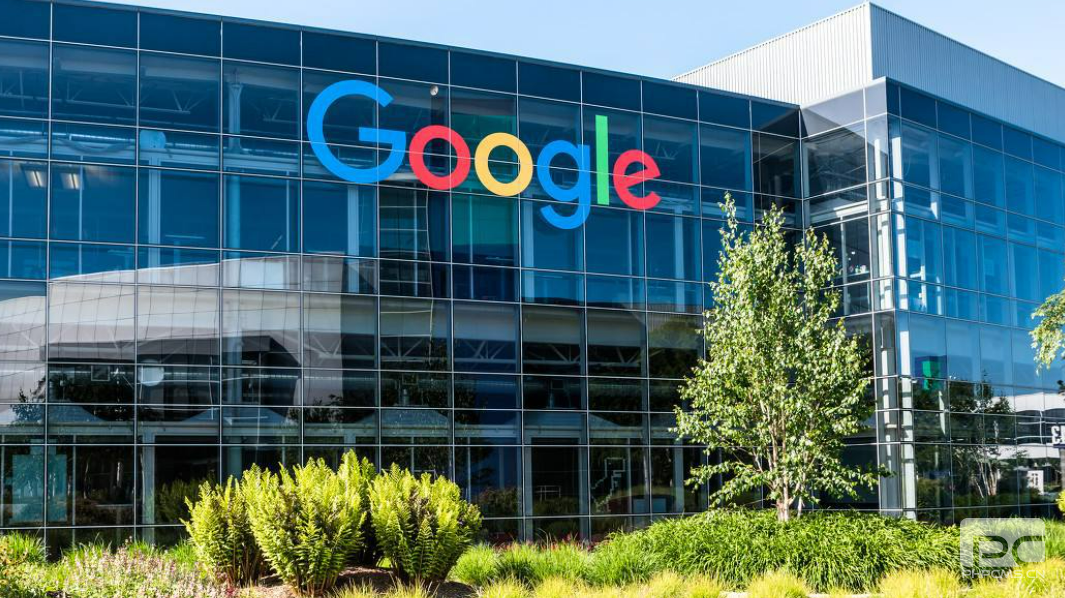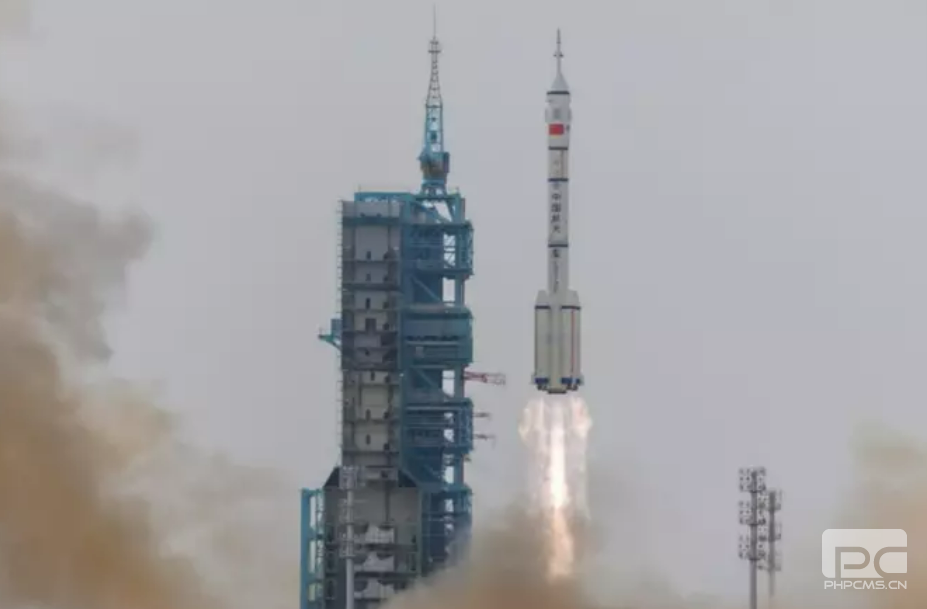In October, many of the world's mega-cap stocks sustained losses as U.S. interest rates increased and a few leading U.S. tech companies reported lackluster growth in third-quarter earnings.
Alphabet, the parent company of Google, experienced a nearly 6% drop in market capitalization, ending the month at $1.56 trillion. This decline was primarily attributed to the slower growth of its cloud business, marking its weakest performance in 11 quarters. The reduction in corporate spending on cloud-related services, a response to the global economic slowdown, played a significant role.
Tesla, on the other hand, witnessed a substantial decrease in market value, plummeting by almost 20% to $638 billion in the previous month. The decline was largely a consequence of rising U.S. interest rates impacting electric vehicle (EV) demand. Furthermore, Panasonic Holdings, a key supplier to Tesla, announced a reduction in automotive battery production in Japan for the September quarter, highlighting the global deceleration in EV sales.
Market capitalization of U.S. chipmaker Nvidia Corp experienced a 6.3% decrease to $1.01 trillion by the end of the last month. This decline was attributed to reports suggesting that the company might be compelled to cancel advanced chip orders worth up to $5 billion destined for China. Such actions were in compliance with new U.S. government restrictions.
Conversely, Microsoft's market value surged by 7.1% to reach $2.5 trillion, driven by its robust fiscal first-quarter results across all business segments. This growth was largely a result of Microsoft's exceptional performance in cloud computing and PC-related businesses. The increased customer interest in its artificial intelligence offerings further bolstered its financial standing.
Meanwhile, Saudi Arabian Oil Co's market capitalization saw a significant drop of nearly 5% to $2.1 trillion. This decline was influenced by ongoing conflicts in the Middle East and a decrease in oil prices.
Alphabet, the parent company of Google, experienced a nearly 6% drop in market capitalization, ending the month at $1.56 trillion. This decline was primarily attributed to the slower growth of its cloud business, marking its weakest performance in 11 quarters. The reduction in corporate spending on cloud-related services, a response to the global economic slowdown, played a significant role.
Tesla, on the other hand, witnessed a substantial decrease in market value, plummeting by almost 20% to $638 billion in the previous month. The decline was largely a consequence of rising U.S. interest rates impacting electric vehicle (EV) demand. Furthermore, Panasonic Holdings, a key supplier to Tesla, announced a reduction in automotive battery production in Japan for the September quarter, highlighting the global deceleration in EV sales.
Market capitalization of U.S. chipmaker Nvidia Corp experienced a 6.3% decrease to $1.01 trillion by the end of the last month. This decline was attributed to reports suggesting that the company might be compelled to cancel advanced chip orders worth up to $5 billion destined for China. Such actions were in compliance with new U.S. government restrictions.
Conversely, Microsoft's market value surged by 7.1% to reach $2.5 trillion, driven by its robust fiscal first-quarter results across all business segments. This growth was largely a result of Microsoft's exceptional performance in cloud computing and PC-related businesses. The increased customer interest in its artificial intelligence offerings further bolstered its financial standing.
Meanwhile, Saudi Arabian Oil Co's market capitalization saw a significant drop of nearly 5% to $2.1 trillion. This decline was influenced by ongoing conflicts in the Middle East and a decrease in oil prices.




Copyright © 2023.Yooke studio All rights reserved.
PKWEEKLY NEWS












